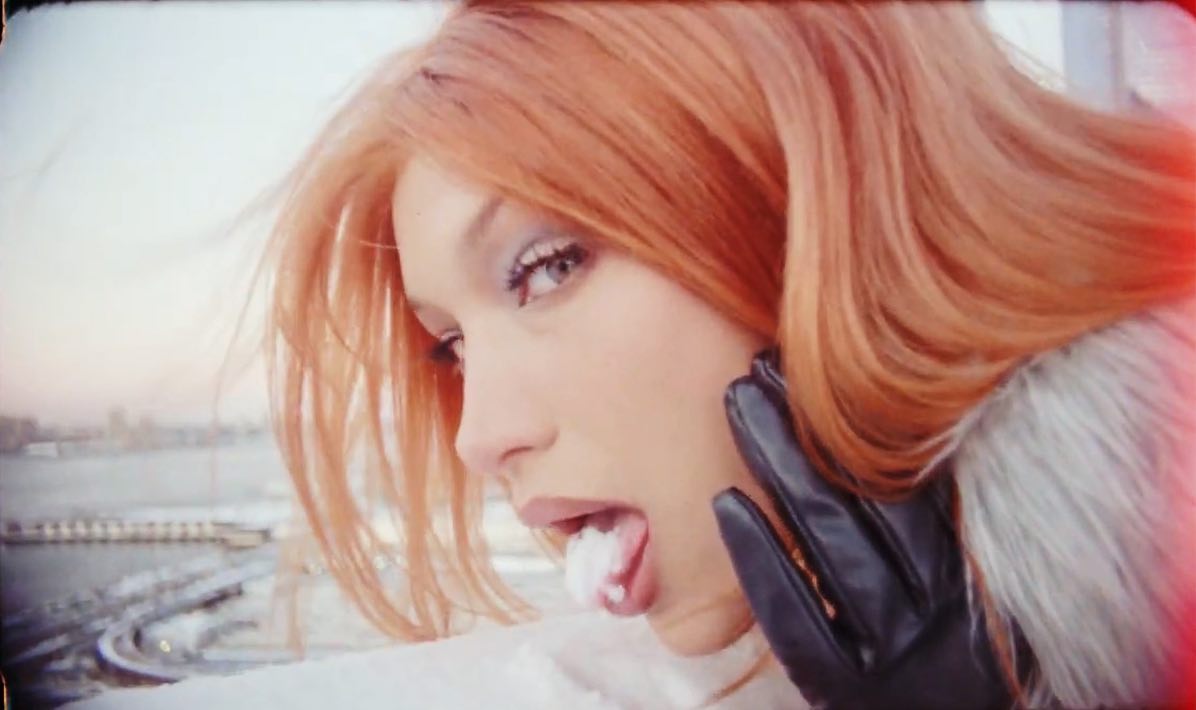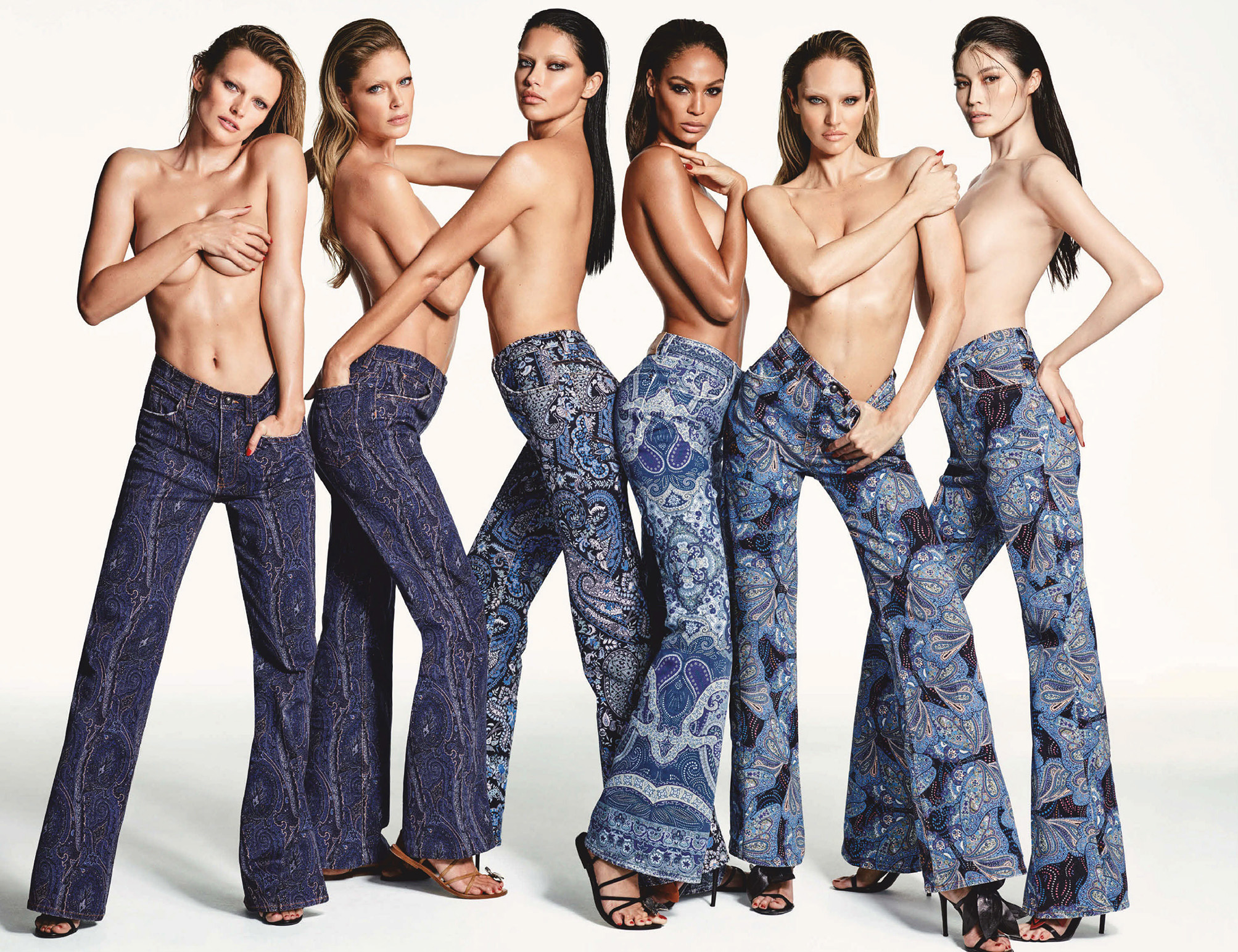ADVERTISEMENT
TV & FILM
OPEN POST: Movie Therapy for the 2017 Best Picture Nominees
brian-mcgee - February 18, 2018
The Oscars are nearly here, and cinephiles everywhere are trying to see all nine Best Picture nominees before next Sunday's ceremony. Having now seen all nine films, I'm here to offer you some movie therapy for them. If you're not familiar with the concept of movie therapy, you can catch up on it with our columns on The Last Jedi, Rogue One, Blade Runner 2049, Alien: Covenant, and Batman v Superman.
Warning, spoilers ahead for all nine of these films, so if you haven't seen them yet, proceed with caution...
Dunkirk

Christopher Nolan's boldest, most experimental, and shortest work since his first two features (Following & Memento), Dunkirk is an absolutely devastating film that will be virtually impossible for me to revisit. Imagine the first twenty-five minutes of Saving Private Ryan stretched to feature length and directed by Terrence Malick instead of Steven Spielberg and you'll have some semblance of what to expect from Dunkirk. The film is an assault on the senses and if you were lucky enough to see it in IMAX, I think you technically qualify for military decoration of some sort. It's more an experience than a film, honestly, but Nolan has always been a master of pushing the form in new directions. It's an amazing film, worthy of all the praise and nominations it received, just don't be surprised if it leaves you more than a little shell shocked.
The Shape of Water

In a year where other Best Picture nominees feature poison mushrooms, jizz-filled peaches, and mind control, Guillermo Del Toro's latest monster movie manages to be the weirdest BP nominee since Black Swan. I think that the biggest problem with The Shape of Water is that most people will take one look at the concept and say, "Not for me." What makes the film such a triumph, however, is that it explores sexuality in all its many forms, and how hard it was to be someone living in post WWII America with any sort of kinks that society at large might deem deviant. Yes, it's a movie about a mute woman falling in love with an anthropomorphic lizard man, but it's also one of the most tender and beautiful examinations of societal outcasts you'll ever see. From Sally Hawkins brilliant leading performance to her note perfect co-stars Richard Jenkins, Michael Shannon, Octavia Spencer, Doug Jones, and Michael Stuhlbarg, Del Toro has crafted a love story unlike any other.
Get Out

Easily the most surprising Best Picture nominee of the year, Jordan Peele's directorial debut is a taut, suspenseful, funny, and very pointed satire of the state of race relations in America. Yes, we live in a time where you could make a comparison between this film and an episode of Black Mirror, but what makes Get Out so much fun to watch is how it subverts the horror formula. What makes the film such an anomaly is that it was made under the umbrella of cheapie-horror studio Blumhouse, a production company that has always flaunted its frugality as an asset. However, it never feels like you're watching a cheaply made movie, and Peele's understanding of cinematic language makes it so memorable. We could argue at length about whether or not it deserved to end up in the Best Picture race—the first horror movie to do so since The Sixth Sense, though you could mount an argument that Black Swan was a horror flick—but that misses the point. The Oscars celebrate the best in film, and it was tough to find a better horror movie this year than Get Out.
Darkest Hour

Zzzzzzzzzzzzzzzzzzzzzzz. Look, I get why this movie was made, but in a year where Dunkirk was released, I'm amazed this got any attention outside of Gary Oldman's brilliant lead performance. And let's be honest, there's no reason to see this outside of his brilliant turn as Winston Churchill, and do any of us really need to be reminded that Oldman is one of our greatest living actors? Sure, the kids these days mostly know him as Jim Gordon or Sirius Black, but those same kids aren't going to sit through this flick. It's fine. It's a perfectly fine movie. But it's not good. Just check out the lack of a Screenplay nomination amongst its six nominations and you'll have some indication that maybe this isn't the prestige movie they were hoping it would be.
Lady Bird

By now you've probably heard Greta Gerwig's solo directorial debut being compared to past Best Picture nominees Juno and The Kids are All Right, but I think Lady Bird is superior to those films in nearly every way. Yes, it's got a serious case of "white people problems," but it's never twee in the way those other two films are, particularly Juno. That movie was a bunch of cutesy horse hockey more concerned with hip lingo and a cool soundtrack than actually, you know, exploring any of its themes. Lady Bird is firmly focused on that awkward transition that occurs at the end of high school and it does so with a universality that it's in short supply in this day and age. Usually coming of age stories get so bogged down in hitting the beats that nothing feels organic. Gerwig has gifted her brilliant cast with a beautifully written script that will resonate with nearly everyone who watches it.
Phantom Thread

Any movie geek worth his salt was primed for a reunion of There Will Be Blood's writer/director Paul Thomas Anderson and star Daniel Day-Lewis. It seems, on the surface anyway, like another stuffy period piece, but if you think P.T. Anderson's about to direct a movie like that, you're not adequately prepared for Phantom Thread. Of all of this year's Best Picture nominees, this is the one I've been replaying the most in my head, trying to make sense of it all. There's a fairy tale quality to this film and it borrows liberally from various Grimm tales. It's also wickedly funny with a wit so dry it's downright arid. It's also, much like The Shape of Water, a gorgeous film to just spend time languishing in. Yes, it's a film for film nerds, but it's also a twisted look at the nature of codependency. Everyone went nuts for Beauty and the Beast early last year, but this is the much more satisfying adaptation of that classic story.
The Post

A.K.A. Explosion at the Wig Factory 2. A few months ago, this film seemed like it was going to sweep its way to Oscar glory and then it nabbed only two nominations, a surprising turn of events for a "prestige film" like this. The film's biggest issue is that Steven Spielberg has a pretty definitive "IMPORTANT MOVIE" style of shooting films like this. Sometimes it works brilliantly—as it did with Schindler's List and Munich—but more often than not, these films are crushed under the weight of being played as far more important than they actually are. It might be Spielberg's most blatant awards grabbing film since Amistad. Ultimately, when you try to make everything seem "important," nothing ends up being important. You can give Tom Hanks and Meryl Streep all the intense close-ups and furtive glances you want, but when the film around them feels rushed to meet an Oscars deadline, none of that matters.
Call Me By Your Name

The artiest of art house movies, this movie was basically made for people who pleasure themselves to New Yorker op-eds. At the same time, you've got to give a ton of credit any movie aimed at old fuddy duddies that features a jizz-filled peach as a plot point. Look, if you like beautiful people gazing longingly at one another in one of the most beautiful parts of the world, you could do a lot worse, but my biggest issue with this film is its refusal to give its characters anything resembling motivation. Everyone acts purely out of instinct, with no reason given for why young Elio (Timothée Chalamet) would fall for American hunk Oliver (Armie Hammer) and vice versa. Add in the—admittedly brilliantly delivered—monologue at the end from Michael Stuhlbarg, and I'm left wondering why the hell any of these people did what they did. If the perfect Sunday to you sounds like watching a movie like that while feathering your sack and drinking earl grey tea, by all means, have at it. I'll be on the other side of the room watching something I like better.
Three Billboards Outside Ebbing, Missouri

One of the most interesting things that happens in film is when a foreign-born director makes a distinctly “American” film. We often lose sight of what others think of America, and Irish playwright and director Martin McDonagh’s view of America is both depressingly bleak and eternally optimistic. McDonagh's third feature film is also his best—no small feat considering his other films are In Bruges and the hugely underrated Seven Psychopaths—thanks to his ability to weave a tale about death, tragedy, and learning to live with those around you, whether you like them or not.. Three Billboards Outside Ebbing, Missouri is a wonderfully dark and scathingly funny film. The kind of movie where you catch yourself laughing out loud at things you shouldn’t be laughing about in public. It gives us the chance to see its characters as three-dimensional, full of flaws, yet doing their best to make their way in this world. It’s a film about learning that the dead have moved on, and we have to at some point as well. It may not be the movie we want right now, but it is absolutely the movie we deserve.
Session expired
Please log in again. The login page will open in a new tab. After logging in you can close it and return to this page.




